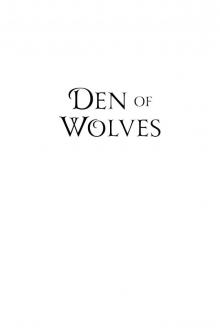 Den of Wolves
Den of Wolves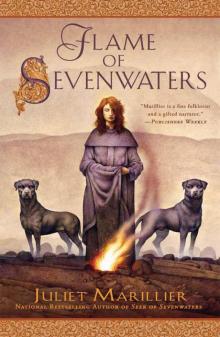 Flame of Sevenwaters
Flame of Sevenwaters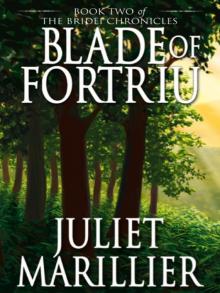 Blade of Fortriu
Blade of Fortriu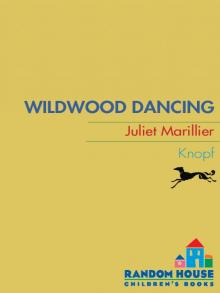 Wildwood Dancing
Wildwood Dancing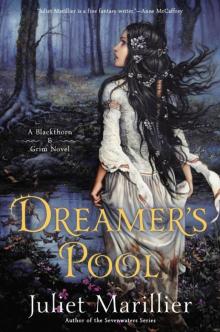 Dreamer's Pool
Dreamer's Pool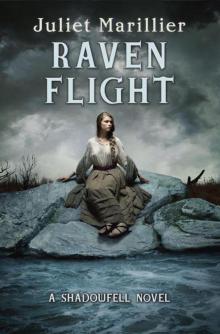 Raven Flight
Raven Flight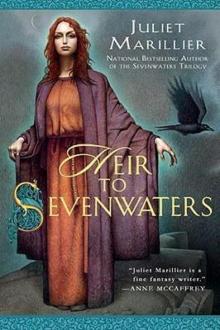 Heir to Sevenwaters
Heir to Sevenwaters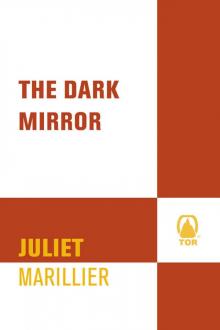 The Dark Mirror
The Dark Mirror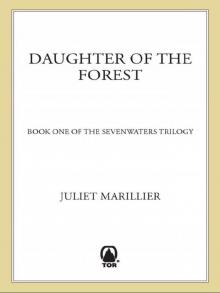 Daughter of the Forest
Daughter of the Forest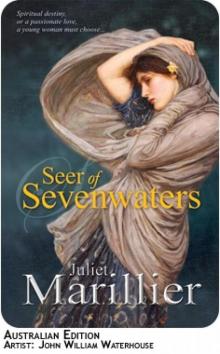 Seer of Sevenwaters
Seer of Sevenwaters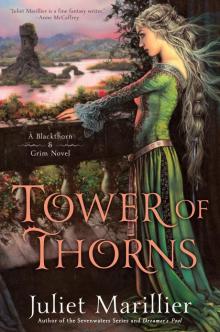 Tower of Thorns
Tower of Thorns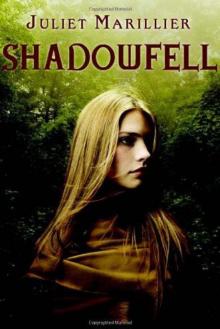 Shadowfell
Shadowfell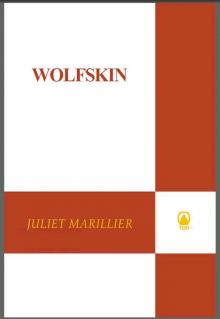 Wolfskin
Wolfskin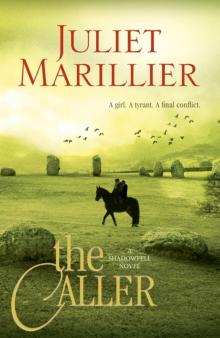 The Caller
The Caller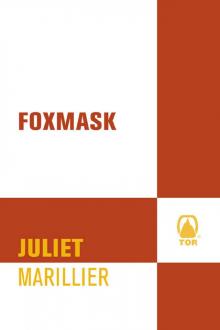 Foxmask
Foxmask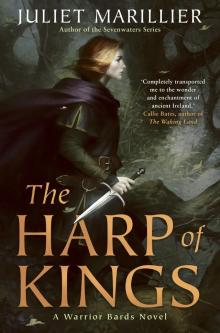 Harp of Kings
Harp of Kings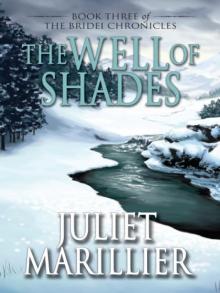 The Well of Shades
The Well of Shades Heart's Blood
Heart's Blood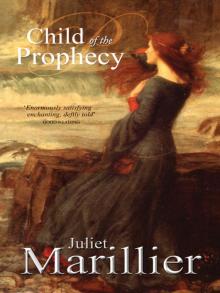 Child of the Prophecy
Child of the Prophecy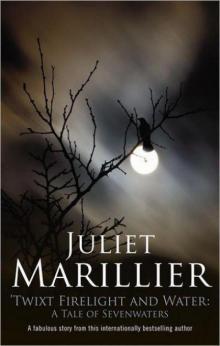 Twixt Firelight and Water
Twixt Firelight and Water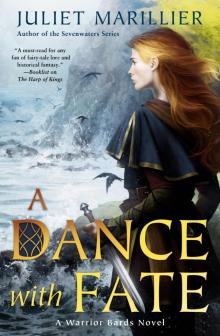 A Dance with Fate
A Dance with Fate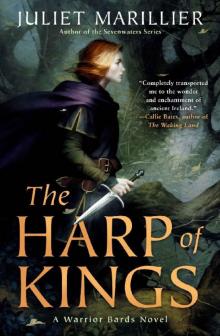 The Harp of Kings (Warrior Bards)
The Harp of Kings (Warrior Bards)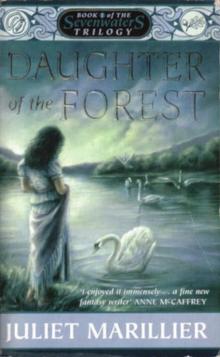 Daughter of the Forest (The Sevenwaters Trilogy)
Daughter of the Forest (The Sevenwaters Trilogy)![Sevenwaters [06] Flame of Sevenwaters Read online](http://i1.bookreadfree.com/i2/04/08/sevenwaters_06_flame_of_sevenwaters_preview.jpg) Sevenwaters [06] Flame of Sevenwaters
Sevenwaters [06] Flame of Sevenwaters![[Sevenwaters 04] Heir to Sevenwaters Read online](http://i1.bookreadfree.com/i2/04/12/sevenwaters_04_heir_to_sevenwaters_preview.jpg) [Sevenwaters 04] Heir to Sevenwaters
[Sevenwaters 04] Heir to Sevenwaters